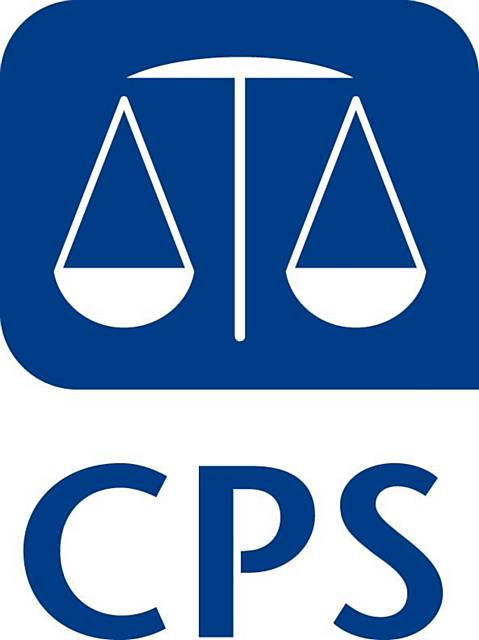North West Chief Prosecutor welcomes new guidance for prosecutors on mental health conditions and disorders
Date published: 13 March 2019

Crown Prosecution Service
Guidance for prosecutors on dealing with defendants with mental health issues has been updated to reflect growing understanding of different conditions, the Crown Prosecution Service (CPS) has announced this week.
The revised guidance is designed to assist decision making throughout the life of a criminal case, from the initial decision to prosecute, through fitness to plead, to sentencing. It has been developed following extensive collaboration with experts to understand changes in the mental health landscape such as diversion services, and community concerns about the impact on the criminal justice system.
A consultation has now been launched so that the views of the public, charities, and health and legal professionals can be considered further before the guidance is finalised.
Martin Goldman, Chief Crown Prosecutor for North West England said: “Mental health issues are often a feature of the cases that we deal with in the criminal justice system and I am determined that these cases are treated with the importance and sensitivity that they deserve.
“When mental health is a factor in a case, our lawyers must weigh up whether prosecution is the right approach, or whether there’s another way to protect society.
“These are complex decisions and every case must be decided on its own specific facts. It’s important that we get this right and essential that prosecutors have clear guidance in their decision making. I look forward to hearing the views of experts, voluntary groups in this field and the public in the North West about the guidance.”
A random sample of nearly 400 cases across England and Wales found that one in five involved a defendant, victim or witness with a mental health issue.
Key information included in the draft guidance includes:
- information for prosecutors about different types of mental health conditions, and their clinical presentation;
- consideration of the admissibility of confessions where a suspect has a mental health issue;
- potential legal defences a defendant may have for offences, including reasonable belief in self-defence for violent offences, and automatism, where a person loses control of their body;
- information about potential community treatments or non-criminal justice diversions for some low-level defendants with mental illnesses such as schizophrenia, bipolar disorder, anxiety and depression, as well as autistic spectrum disorders and learning disabilities; and
- the use of reasonable adjustments to support effective participation by defendants with mental health issues, for example, allowing them to use special measures, such as giving evidence from behind a screen to help alleviate anxiety.
The CPS has separate guidance to support victims and witnesses with mental health issues through the criminal justice system.
The consultation runs until 4 June 2019. The final version of the guidance will be published later this year.
Do you have a story for us?
Let us know by emailing news@rochdaleonline.co.uk
All contact will be treated in confidence.
Most Viewed News Stories
- 1Former councillor and hospital campaigner Jean Ashworth has died
- 2Middleton school hails another outstanding inspection result
- 3Northern Healthcare opens supported living service in former Rochdale hotel
- 4Family event to celebrate Earth Day to be held at Number One Riverside
- 5No trams between Oldham and Rochdale this Sunday
To contact the Rochdale Online news desk, email news@rochdaleonline.co.uk or visit our news submission page.
To get the latest news on your desktop or mobile, follow Rochdale Online on Twitter and Facebook.


